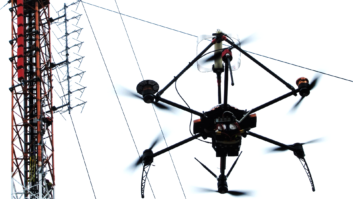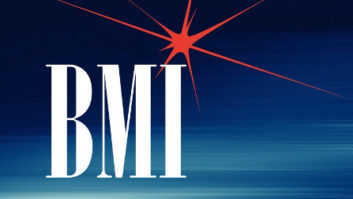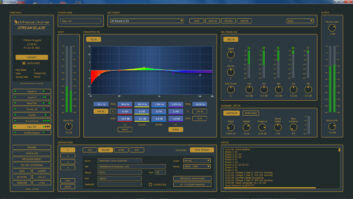It’s clear from all the back-and-forth today on the performance rights issue for Internet audio that lawmakers are tired of sorting out the issue of what kind of radio company pays a performance royalty and how the dollar amounts should be structured.
The hearing of the House Judiciary Subcommittee on Intellectual Property, Competition and the Internet ostensibly was to focus on the “Internet Radio Fairness Act of 2012,” which proponents say would treat all digital radio services equally in terms of their music streaming royalties. While the measure introduced by Reps. Jason Chaffetz (R-Utah) and others focuses on services like those provided by Pandora, satellite radio and Muzak, several Democratic lawmakers wanted to discuss terrestrial radio too.
One of those, Michigan Democrat John Conyers, said the bill should be called the “Paycheck Reduction Act” because if passed, it would lower the Webcast royalties paid to artists. He was one of several lawmakers who believe that unless terrestrial radio is discussed too, the royalty situation won’t be solved.
Former NAB Joint Board Chairman and Hubbard Radio President/CEO Bruce Reese says some NAB members support the legislation while others don’t, which is why NAB has not taken a position on the bill other than to say it supports reforms. What’s clear, he said, is the royalty rates for streaming music over the Web are so high that what revenues radio stations do get from offering these service are not paying the streaming costs.
Representatives for the record labels and music industry said terrestrial radio must be included in the any discussion of reforming the streaming rate-setting process.
Pandora Chairman/CEO Joe Kennedy said the current system is unfair and needs to change; lawmakers asked him, meanwhile, why the company doesn’t air more ads and charge more for the spots they do air.
The more than two-hour hearing was cut short to allow for other legislative business and lawmakers have five more legislative days to submit additional questions to those who testified.
The questions became sharper and testier as the time wore on and the discussion sets the stage for a possible big performance rights battle in the next session of Congress.












